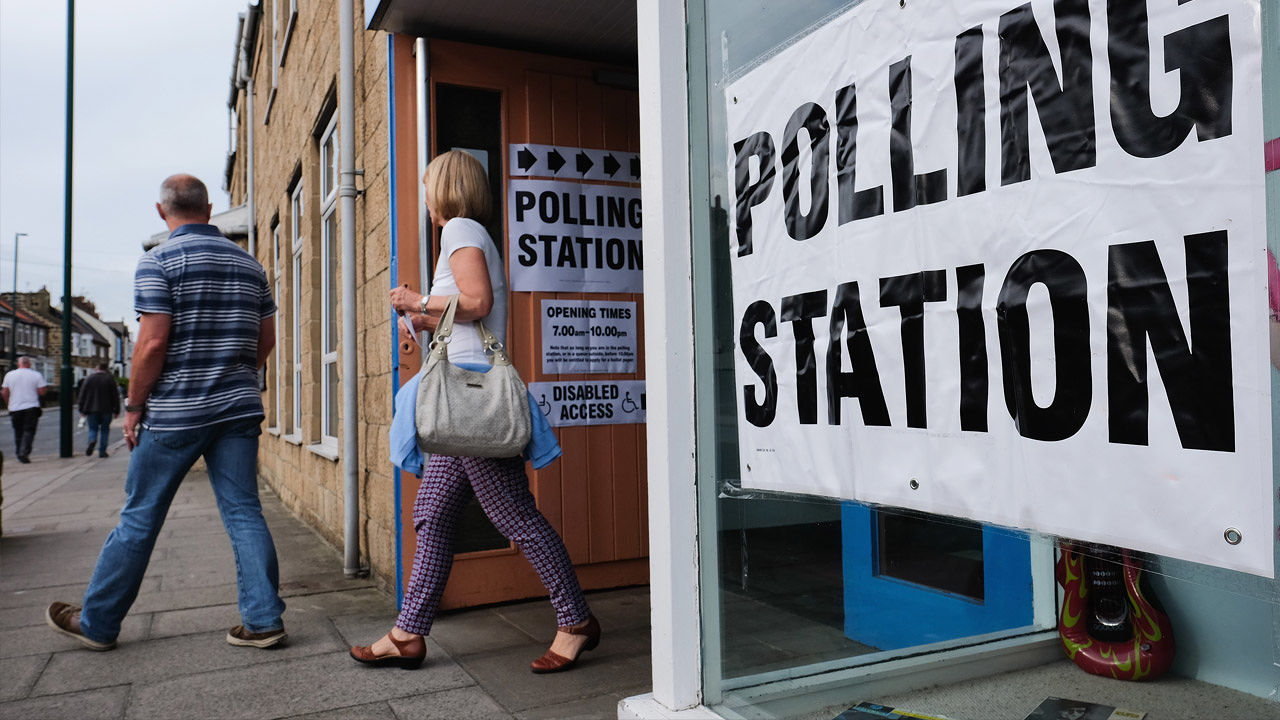How The Brexit Vote Reflects This Classic Psychological Error
British voters are deciding whether to stay in the European Union. But no matter the outcome, the choice itself rests on a pair of fallacies well known to psychologists and especially common among organizations embedded in complex systems.
What Caused What?
The EU is nothing if not a complex system, which critics lambast as a worthlessly slow-moving bureaucracy. Among other things, the so-called Brexit vote reflects concerns that Britain’s national economy has been hampered by its association with the broader European one, plus anxieties about how EU immigration policies impact the U.K. The substance of those claims aside, the “Leave” camp’s core assumption is that independence will jointly solve those problems.
That’s what psychologists call a “causal assessment.” As they see it, EU membership is the cause of the issues these British voters are trying to solve. What’s more, they believe that removing the supposed causal factor (EU membership) will reverse the effect. Both of these beliefs are suspect.
First, it’s hard to make causal assessments about the relative roles particular factors play in complex systems like the world economy. This is one of the first lessons of the scientific method, which teaches that the only way to arrive at a true causal statement is through experimental manipulation with a control condition. For example, had half of the U.K. been randomly assigned to be part of the EU and the other half assigned to be independent, you’d have the control condition you’d need to make an accurate causal assessment.
Of course, that isn’t exactly feasible. But the reason for using control conditions in experiments is that there may have been other, unseen factors that caused the observed outcome—factors we didn’t even know to look for. Maybe improvements in air travel, wars in the Middle East, or global climate change caused the economic changes troubling some in the U.K.
It’s hard to say, and experts other than me are better equipped to speculate—but that’s the point: Without a control condition, it just isn’t possible to know whether membership in the EU caused any perceived economic or immigration problems in the U.K.
Political Economies Are Not Like Air Conditioners
But it doesn’t stop there. Even if EU membership really is a prime causal factor in the effects Brexiteers are trying to change, that doesn’t mean Brexiting will actually change them they way they’d like.
Complex systems like economies aren’t like air conditioners. If a room is too hot, you turn on the air conditioner, and it cools down. If the room gets too cool, you shut off the A/C unit, and your room warms up—voila! There aren’t a lot of other factors governing the temperature in the room. Global political economies are different. Removing the same set of factors that caused a drag on the economy may not be enough to reverse those same trends.
To do that, you actually need to formulate a second causal argument—one that answers this question: How will independence cause changes in the economy that will alleviate current problems? The phrase “closing the barn door after the horse has left” underscores how the solution to a current problem may not be to implement procedures that might have prevented it in the first place.
Yet this type of thinking happens in businesses all the time. Human beings love to give causal explanations for things that happen in the world—we always need to answer “why?” Unfortunately, we rarely have the kind of data we’d need to accurately satisfy that need, because it’s hard to find control conditions that will rule out other alternative explanations.
What’s more, just because you understand how a particular problem occurred doesn’t mean you immediately understand how to fix it. Ideally, you’d need to use your causal understanding of the world to make changes that lead to desired outcomes, rather than just react by removing the forces that caused the issues you’re trying to deal with.
Unfortunately, politics and business rarely leave room for that. More often, leaders face intense pressure to make quick changes, and the simplest action to take is to influence the factors you perceive as creating the problem. We typically need more than simple formulas like “stay or go,” “yes or no,” “that candidate or this.” But that’s usually what we’re left with.
Fast Company , Read Full Story
(21)



